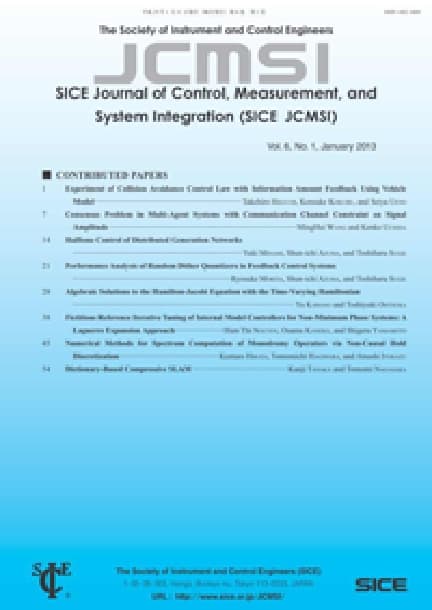For medical or sports applications, human motor control is frequently analyzed. This study focuses on dart throwing motion and investigate the human motor skill to achieve precision control and force generation. The joint coordination is related to stability and accuracy of movements for precision control. On the other hand, the joint correlation is related to transfer of forces and movements for force generation. Uncontrolled manifold (UCM) analysis was applied to evaluate the joint coordination and elucidate the joint which the throwers decrease the variability. In the experiment, ten young people who did not play dart on regular basis participated and performed dart throws at five different throwing distances. Based on the result of UCM analysis, it was found that throwers had less variability on the finger position rather than wrist, elbow, and shoulder positions. In order to evaluate the joint correlation, normalized correlation coefficient between arm and lower body was computed at different throwing distances. This analysis showed that the correlation between elbow and ankle, and between elbow and knee, were increased at long throwing distance. From our results, in dart throwing motion, we elucidated that the longer throw induced the new motor control strategy of precision control and force generation.









